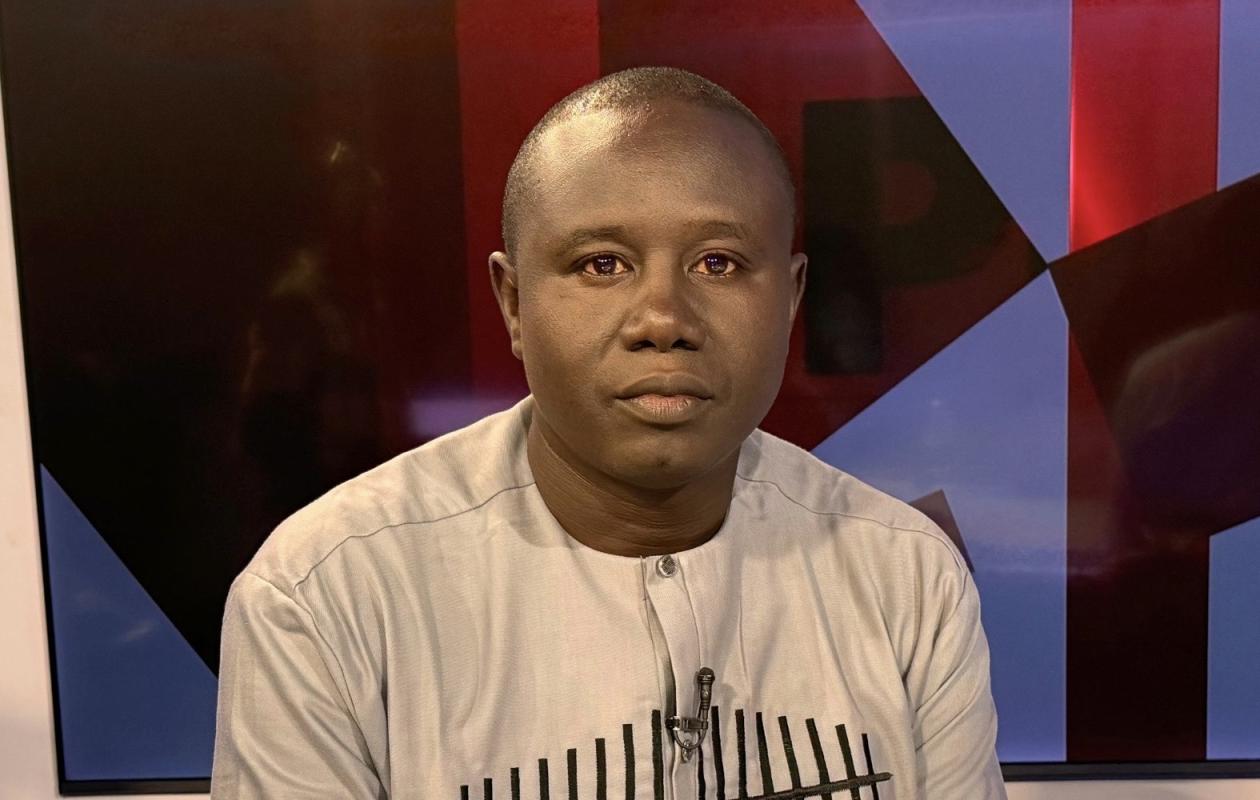
L’accès à l’information au Sénégal : au-delà de la perspective normative (Par Birame FAYE)
This September 28, 2025, in accordance with the resolution adopted by the UNESCO General Assembly in 2015, confirmed by that of the UN in 2019, the so-called "international community" celebrates the International Day for Universal Access to Information. The theme of this edition is "Ensuring access to environmental information in the digital age." A celebration that coincides with the passage of a law on access to information in Senegal, the 30th of its kind in Africa, if we exclude Mali, which has had a more or less similar law since 1998.
This year's theme has the triple merit of (i) going beyond the legal frameworks relating to the right to information and administrative documents, (i) focusing on a theme (environment) whose social interest is unequivocal, and (iii) indexing the key technological means, capable of facilitating access to information produced and held by institutional sources. While digital technology is not an absolute recipe, in this case, its proper use can actively contribute to informing a critical mass of young people exposed to social media, by allowing them to request and receive data with an ecological connotation and even beyond. In this respect, the National Agency of Statistics and Demography of Senegal is an example to follow. It has managed to offer users a mobile application allowing access to the statistics it generates. To say that a law is not enough to make citizen access to information a reality. An operational system, within citizens' reach, is required. This is not yet the case in most countries with access to information laws, and as a result, they remain ineffective.
The necessary proactivity
This theme is therefore only a pretext to remind governments of the need to create, feed and animate adequate platforms to materialize the proactive dissemination of "communicable" public data, instead of waiting for a written request made by a citizen. By doing so, African public bodies would assume part of their responsibilities in the fight against disinformation. They will also materialize Principle 29 of the African Union Declaration of Principles on Freedom of Expression and Access to Information (2019). Nowadays, refusing to disseminate data and information of citizen interest is to passively contribute to disinformation that affects social and political systems.
The political and legal basis for access to environmental information extends beyond national regulatory frameworks. Since 2015, UN member states have committed to achieving 17 global Sustainable Development Goals (SDGs) by 2030. A concept that has, moreover, exhausted the advantages of its ambiguity. In any case, SDG 16.10 is convinced that information is a key factor in sustainable development.
From Rio to Aarhus
Twenty-three years earlier, the "Earth Summit" held in Rio (1992) had explicitly positioned citizen information as a key element of the global strategy to combat environmental degradation, particularly climate change. Principle 10 of the Rio Declaration states: "Environmental issues are best addressed through the participation of all concerned citizens at the appropriate level. At the national level, everyone should have appropriate access to environmental information held by public authorities, including information on hazardous substances and activities in their communities, and the opportunity to participate in decision-making processes. States should facilitate and encourage public awareness and participation by making information available to the public. Effective access to judicial and administrative action, including redress and remedies, should be ensured."
Clearly, this principle was not enough. In 1998, in order to highlight the importance of access to information in global and national environmental conservation strategies, states, mostly European, ratified the "Aarhus Convention on Access to Information, Public Participation in Decision-Making and Access to Justice in Environmental Matters." It entered into force in 2001 and has now been ratified by 50 countries, including many members of the European Union and Guinea-Bissau.
The said convention determines three following areas of action, the first of which is to "ensure public access to environmental information held by public authorities". In this regard, the text provides for "specific rights and obligations, in particular concerning transmission deadlines and the grounds available to public authorities to refuse access to certain types of information".
The Paris recall
The Kyoto Protocol is no less sensitive to the role of information in political choices. This issue came up again at COP 21 in 2015. Indeed, the Paris Climate Agreement, in its Article 12, recalls: "The Parties shall cooperate in taking, as appropriate, measures to improve education, training, awareness-raising, public participation and public access to information in the area of climate change, taking into account the importance of such measures in strengthening action under this Agreement."
This treaty appears to echo a recommendation from the World Summit on Sustainable Development, held in South Africa in 2002. In the final declaration, the UN recommends that governments "Develop awareness-raising programmes on the importance of sustainable production and consumption patterns, particularly for young people and relevant sectors in all countries, particularly in developed countries, including through education, public and consumer information, advertising and other means of communication, taking into account local, national and regional cultural values."
Despite numerous official proclamations recognizing the importance of public interest information in climate change adaptation strategies, governments continue to allocate meager budgets to it and to undermine mediators such as the media and civil society actors, among others. They also fail to consider it appropriate to develop national information and communication policies that address current challenges. This is a clever way of making citizen access to public information a permanent dream.
Birame FAYE
Journalist, Regional Media Coordinator
at the Panos Africa Institute
Commentaires (0)
Participer à la Discussion
Règles de la communauté :
💡 Astuce : Utilisez des emojis depuis votre téléphone ou le module emoji ci-dessous. Cliquez sur GIF pour ajouter un GIF animé. Collez un lien X/Twitter, TikTok ou Instagram pour l'afficher automatiquement.